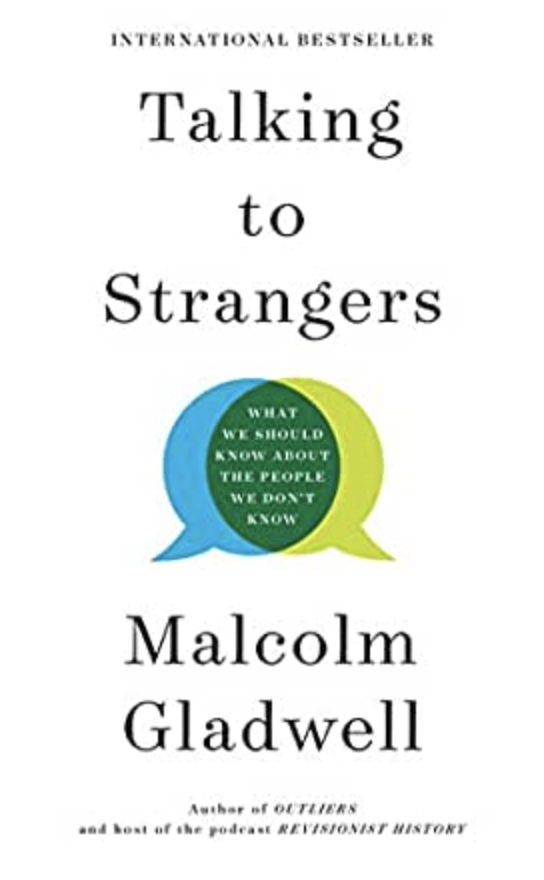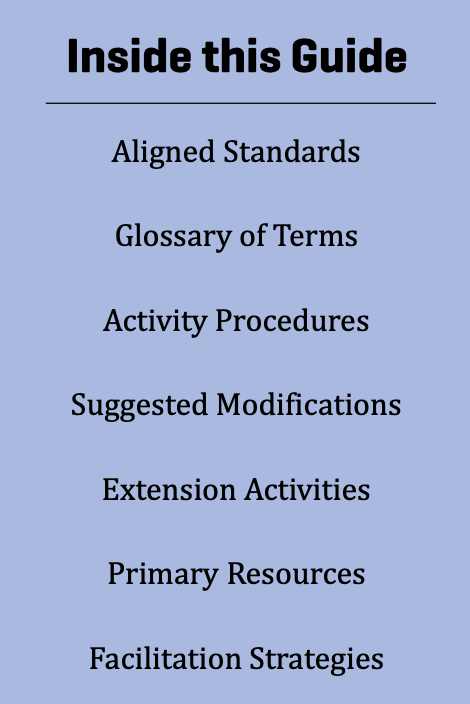Teaching History in 2021
CategoriesHas anyone heard the term "fake news" ricocheting about recently? Of course you have, I'm being facetious. The news, fake or authentic, represents current events, or history occurring now. It's been said that "history is writ by the victors", which is another way of alerting us to the possibility of fake news. We study history in an effort to learn from the past and avoid redundant mistakes (or because it's often entertaining) and we have a poor habit of believing that history written in a book must be true. But is it? And does our accuracy matter if the lessons to be learned are indispensable?
Howard Zinn's bottom-up perspective in A People's History of the United States is, whether more or less accurate, considerate and refreshing. His original preface mentioned that mid-twentieth-century history texts were introduced by a paragraph denoting the historical skew adopted for the purposes of American patriotism. When I first read this a bomb dropped in my mind and I wondered if all of my primary school history lessons had been true or false. I remember asking myself "was I intentionally deceived?" Since then I've developed a healthy appetite for history, though I prefer the narrative style to the dry textbook style. Typically I rotate my reading list from Science Fiction to Detective Story to Autobiography to Narrative History, a rotation which satisfies my most common interests of entertainment, what was and what may be. Reading about figures and events in history helps me to understand our place in the record of time and our species, offering perspective on the past, present and future. It's personally enriching. I worry less now about the accuracy of material and focus more on the lesson, though I still ponder truth and fiction.

In Malcolm Gladwell's Talking to Strangers he describes the "default-to-truth' method by which humans receive information. He reviews a sociological study wherein a volunteer was joined by an operative posing as a partner in a room where a proctor issued a test. At one point the proctor excused herself and the operative tempted the subject to cheat by looking at the answer key. Whether or not they cheated was irrelevant. The study focused on the subjects' responses to questions after the test was completed. "Did you cheat?" "Did your partner cheat?" The designers then played the recordings of those answers for another subject group and asked them to decide if the responses were untruthful. The data showed that more often than not humans tend to believe other humans, defaulting to truth. It also identified verbal and non-verbal cues proven to convince people of untruth but which aren't particularly accurate. Some people seem dishonest due to their idiosyncracies but actually aren't. Others express calm confidence to easily convince strangers of a lie. But generally we tend to believe other humans to be truthful.

I'm only saying that we are naturally vulnerable to gullibility. This is why we tend to believe that news and history textbooks are always factual. This sounds like a dangerous quality but it's what has allowed us to achieve so many things as a species. I've been gushing over Yuval Noah Harari's Sapiens for almost two years in which he explains, in addition to so many other great things, that while language and tool-making had greatly to do with our steeper evolutionary ascension it's our ability to believe in shared fictions that makes us truly special. The fact that 331 million of us believe ourselves to be members of a made-up country called USA and that we are capable of (mostly) aligning our goals and ethics patriotically is incredible. The book reviews studies suggesting our closest evolutionary relative, the orangutan, can work cooperatively in groups as large as fifty before a breaking point is reached. They manage group cooperation at that scale through the use of gossip. which allows each member to retain useful knowledge about each other member to operate at maximum success. "Don't trust Bob with fruit gathering." But just think about trying to convince an ape to believe in an imaginary boundary between North Sumatra and West Sumatra. No way, and we definitely couldn't convince every ape in existence that something changes across those five feet. We used to believe a piece of paper held an exact value worth a loaf of bread and now we don't even need the paper. It's just a thought floating in digital space acting as a measurement of our scheduled labors. Shared belief in these fictions allows us to cooperate in huge groups to achieve common goals together.
These things explain why a history textbook might be written not as a record of truth but as an instrument of persuasion. There are times in human history or in many literary works on tyranny that describe the banning of written word to protect the goals of the oligarchy. A book holds a powerful influence particularly because humans default to truth - we want to believe what other humans say. The celebration of Columbus Day is a staggering recognition of navigational error which led to human abuse and the eradication of an entire continent of unique cultures, and yet it's still on our calendar because it supports Manifest Destiny American patriotism. (This reminds me of one of the best history classes I ever took, Native American History. It was perfectly balanced from the colonial and Native perspectives.) I don't mean to spread accusation nor censure the purposes of tweaked history; just to acknowledge it and understand the utility.
Having pondered all this for several months I'm curious: has the teaching of history in schools shifted away from rigid patriotic bias and toward learning as a quest for knowledge and improvement of behavior? Do most history teachers have the freedom to select more "honest" sources to weave into their curriculum? Can one teach from Sapiens? What kind of resources can teachers use to make learning about history fun?
I found some:
- Social Science Reserch Network offers a history segment, though it tends to focus on history of Law. Some good papers in there, though.
The Witchcraft Trials in Salem: A Commentary by Douglas Linder
- Essasysinhistory.com is a peer-reviewed journal "for emerging historians" chock-full of great resources and offerings, including book reviews on newer history books.
https://essaysinhistory.com/about/
- Historyforkids.com is a free online history network with articles, worksheets and quizzes.
https://www.historyforkids.net/
- You can find hundreds of free, well-designed lessons on Smithsonian's History Explorer.
https://historyexplorer.si.edu/lessons

If you know any exemplary history resources or texts please share...
Here are a few classes related to this topic:
 Teaching Algebra with Technology
Teaching Algebra with Technology
 Embracing Grit: Teaching Students to More Than Persevere
Embracing Grit: Teaching Students to More Than Persevere
 Strategic Literacy: Topics in Writing K-8
Strategic Literacy: Topics in Writing K-8